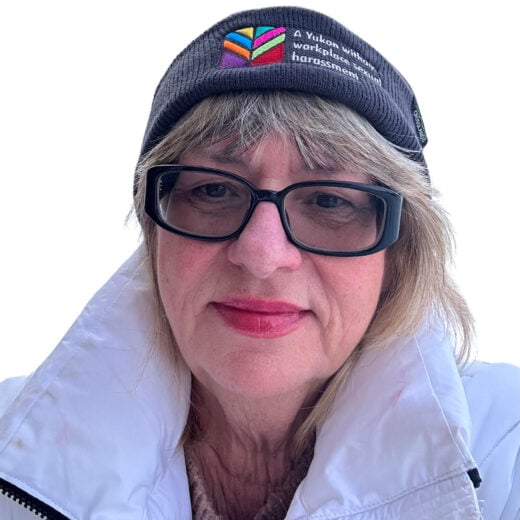published May 26, 2025 in The Hill Times

Bonnie Brayton, DAWN Canada CEO
by Bonnie Brayton, DAWN Canada CEO
Within days of winning the federal election, Prime Minister Mark Carney announced his priority was to build a new Canadian economy. The details of this new economy will begin to be revealed in the coming weeks through the throne speech on May 27, legislative priorities before the summer recess and the G-7 Leaders’ Summit next month in Alberta. And while Carney has written a book expressing his Value(s) and committed to inclusivity, equity and economic equality, that same ‘value investment’ will be needed for any new economy.
Thirty per cent of women and gender-diverse people aged 18 to 65 in Canada live with a disability, according to a 2023 Statistics Canada survey. Women with disabilities often encounter compounded disadvantages, including limited access to housing, employment, education, and healthcare. These challenges are exacerbated by systemic discrimination and inadequate policy frameworks. Addressing these issues aligns with Carney’s vision of an economy that values all individuals and promotes collective well-being.
Carney isn’t a career politician – he’s a proven leader with real-world experience. The best way his advisers can support him is by giving him the space and trust to lead with the vision and decisiveness that got him here.
In Canada Strong, a list of campaign promises, Carney announced that if elected, he would “build a Canada where everyone has a fair shot, feels a sense of belonging and contributes to our shared future by reshaping systems.” He promised to “review and reform the process to apply for the Disability Tax Credit, to invest in increased data collection to help address women’s health gaps and to guarantee equal access to justice for people with disabilities and to build affordable homes.” These promises came with the caveat that progress on diversity will be at the forefront.
While these election promises are a good first step, it’s time to go further and implement policies that are federally funded and promoted within the G-7. This includes inclusive economic policies, housing, accessible skills development, healthcare and social supports, as well as data collection and analysis, and especially recognizing civil society as partners in this work.
Access to healthcare and social supports is an issue affecting people across the country. As additional resources are placed in this sector, enhanced support for women with disabilities must be part of the solution.
Prime Minister Carney spoke about the importance of data collection to understand the challenges and determine a framework to address them; however, this data collection must go beyond healthcare and include research and analysis about women with disabilities to understand the intersectional challenges they face. This will provide evidence to adopt policies based on those findings. Organizations such as DAWN have decades-long experience, they represent those impacted, and through collaboration with these groups, leaders and policy makers can develop solutions for a population that is currently underrepresented and grossly underserved.
Canada will host the G-7 summit in Kananaskis, Alberta, from June 15 to 17. Last fall, Canada participated in the G7 Ministers on Inclusion and Disability and signed the Solfagnano Charter to uphold and further integrate the rights of persons with disabilities. As the leader of the G-7, Canada must advance this charter, sign the Amman-Berlin Declaration (see here), and continue discussions to advance the rights of persons with disabilities worldwide while setting the example here at home.
Carney named Rechie Valdez as Minister of Women and Gender Equality, after failing to fill this cabinet position during the election campaign. Yet given that approximately eight million Canadians have a disability according to Statistics Canada, it is beyond troubling that his new cabinet excludes representation for diversity, inclusion and persons with disabilities.
If Carney is truly committed to this “new” economy, then he must do better. Women with disabilities have waited long enough.